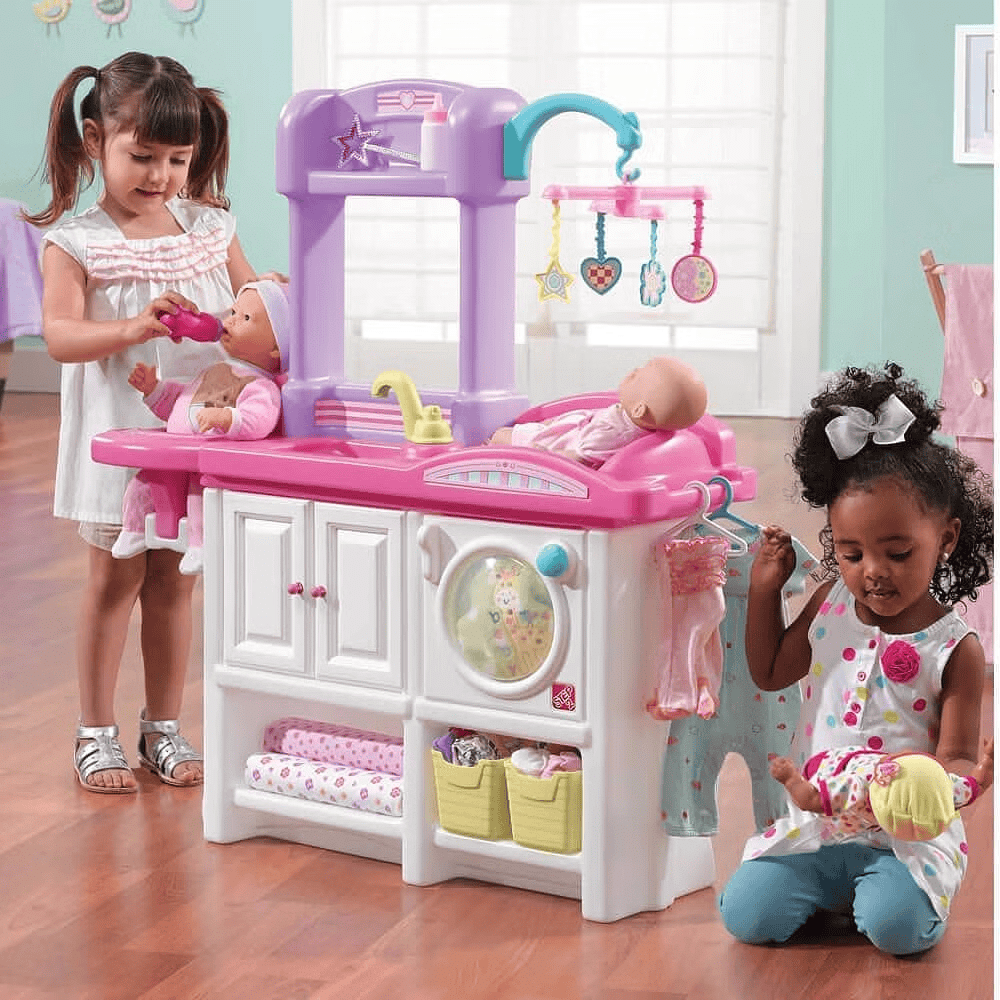NCERT Solutions for Class 7 Social Science - Growing up as Boys and Girls
Q1: Are the statements given alongside true or false? Support your answer with the use of an example –
(a) All societies do not think similarly about the roles that boys and girls play.
(b) Our society does not make distinctions between boys and girls when they are growing up.
(c) Women who stay at home do not work.
(d) The work that women do is less valued than that of men
Ans:
(a) True: In most societies, men and women’s roles are valued unequally, with household work expected from women and office work from men.
Our society believes that boys and girls have different duties. In general, our societies are patriarchal, meaning that a male is always the family's head. In Indian society, for example, boys are encouraged to conduct outdoor work while girls are expected to manage household tasks.
(b) False: Gender distinctions begin early, with boys and girls receiving different toys and being taught different expectations for behavior and appearance.
When boys and girls are growing up, our society makes distinctions between them. As an example, consider the following: Toys for girls are typically dolls, whereas toys for boys are typically automobiles, bats, and balls. Girls spend more time in the kitchen than boys, and they are the ones who assist the mother in taking care of the household's needs. Boys, on the other hand, are more likely to participate in outdoor activities.
(c) False: Housework involves significant effort and pressure, yet it is often unrecognized and deemed a natural responsibility of women, who work tirelessly.
It is a common misconception that women who stay at home do not work. This is not the case. Stay-at-home mothers perform nearly comparable amounts of work as their male counterparts by managing the family, which is no simple undertaking. Cleaning, washing clothing, cooking, caring for children and the elderly, and other duties take up more time for women than for males on average.
(d) True: Men are paid for their office work, while women’s household duties are considered a natural responsibility and thus undervalued.
Because our society views men as the family's breadwinners, any effort done by a woman is undervalued because it does not contribute to the family's total revenue. However, it should be mentioned that the amount of time women devote to housekeeping, which includes chores such as cooking three meals a day, getting children ready for school, maintaining household cleanliness, managing rations, and dealing with maids or other domestic help, is genuinely admirable.
Q2: Housework is invisible and unpaid work. Housework is physically demanding. Housework is time-consuming.
Write in your own words what is meant by the terms ‘invisible’, ‘physically demanding’, and ‘time-consuming’? Give one example of each based on the household tasks undertaken by women in your home
Ans:
- Invisible: The things that can't be seen. The household work is invisible which can be seen only when it is not done.
- Physically demanding: Demands hard work and effort.
Example: Cleaning of floors and washing of clothes are physically demanding works. - Time-consuming: Work that takes a lot of to work be completed.
Example: Cooking is time-consuming work.
 Cleaning House
Cleaning House
Q3: Make a list of toys and games that boys typically play and another for girls. If there is a difference between the two lists, can you think of some reasons why this is so? Does this have any relationship to the roles children have to play as adults?
Ans: Toys and games that boys typically play: Cars, Toy guns, Cricket, Football, Hockey, Kabaddi etc.
 Boy plays with cars
Boy plays with cars
Toys and games that girls typically play: Kitchen set, Doll, Teddy, Badminton, Skipping, etc.
 Girls playing with doll
Girls playing with doll
Reasons for the difference in the list of games:
- The reason behind this is that our society makes clear distinctions between boys and girls.
- Boys are taught to be tough while girls are taught to be mild.
- Boys are expected to do works which highlight their manly features but girls are expected to remain in limit with all feminine virtues.
All these are ways of telling children that they have specific roles to play when they grow up to be men and women. Later in life this affects even the subjects they can study or the careers they can choose.
Q4: If you have someone working as a domestic help in your house or locality talk to her and find out a little bit more about her life – Who are her family members? Where is her home? How many hours does she work? How much does she get paid? Write a small story based on these details.
Ans: Shanthi is a dedicated domestic worker who has been with your family for several years. She hails from a village on the Karnataka-Tamil Nadu border and lives in Bangalore with her husband, who makes wax mannequins, and their daughter, who is studying for a B.Com degree. Shanthi works from 7:30 AM to 6:00 PM daily, managing household chores while receiving Rs 5,000 per month along with food and other amenities.
Despite her diligence, she faces a tough life, juggling long hours of work and family responsibilities. Supporting her could include reviewing her compensation, offering flexible hours, fostering open communication, and recognizing her hard work.
|
63 videos|371 docs|46 tests
|
FAQs on NCERT Solutions for Class 7 Social Science - Growing up as Boys and Girls
| 1. What are the main differences in the upbringing of boys and girls as discussed in the chapter "Growing up as Boys and Girls"? |  |
| 2. How does society influence the behavior of boys and girls according to the text? |  |
| 3. What are some examples of activities that boys and girls are typically encouraged to participate in? |  |
| 4. How do peer groups affect the growing-up experiences of boys and girls? |  |
| 5. What changes can be made to promote equality in the upbringing of boys and girls? |  |






















